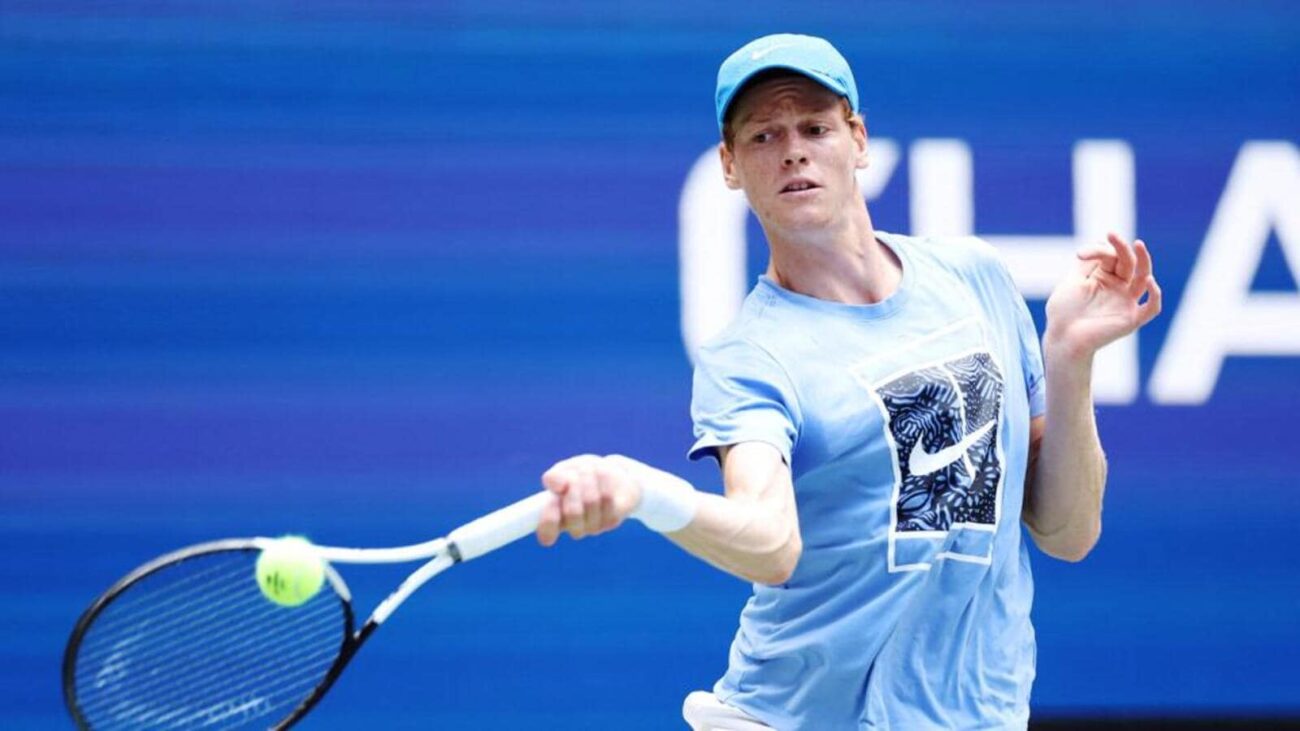WADA Considers Appeal in Jannik Sinner Doping Case
The World Anti-Doping Agency (WADA) has yet to decide whether to appeal the decision to exonerate US Open champion Jannik Sinner of blame for his positive steroid tests. The agency has until the end of September to file an appeal.
Sinner tested positive twice for an anabolic steroid in March but was not banned because the International Tennis Integrity Agency (ITIA) determined he was not to blame. Sinner’s accepted explanation was that the banned performance-enhancer entered his system unintentionally through a massage from his physiotherapist, who used a spray containing the steroid to treat their own cut finger.
The doping case was kept secret until last month’s announcement, and the top-ranked Sinner went on to beat Taylor Fritz in the US Open final on Sunday.
An appeal could jeopardize Sinner’s US Open title, but Sinner and his legal team have provided detailed evidence that persuaded the ITIA and the tribunal judges that his explanation was credible.
WADA and Nado Italia, Italy’s anti-doping agency, are the only two agencies that could challenge the decision by an independent tribunal announced by the ITIA on Aug. 20. While the doping rules state that any other party with a right to appeal—such as Nado Italia—has 21 days to do so, WADA then gets another 21 days on top of that before its own window closes.
Nado Italia has yet to file an appeal, and it is unclear whether the initial 21-day deadline expired Tuesday. The tennis integrity agency rulebook states that the deadline for filing an appeal to the Court of Arbitration for Sport (CAS) will be 21 days from the date of receipt of the reasoned decision in question by the appealing party.
WADA then has another 21 days to file an appeal to the CAS in Lausanne, Switzerland.



